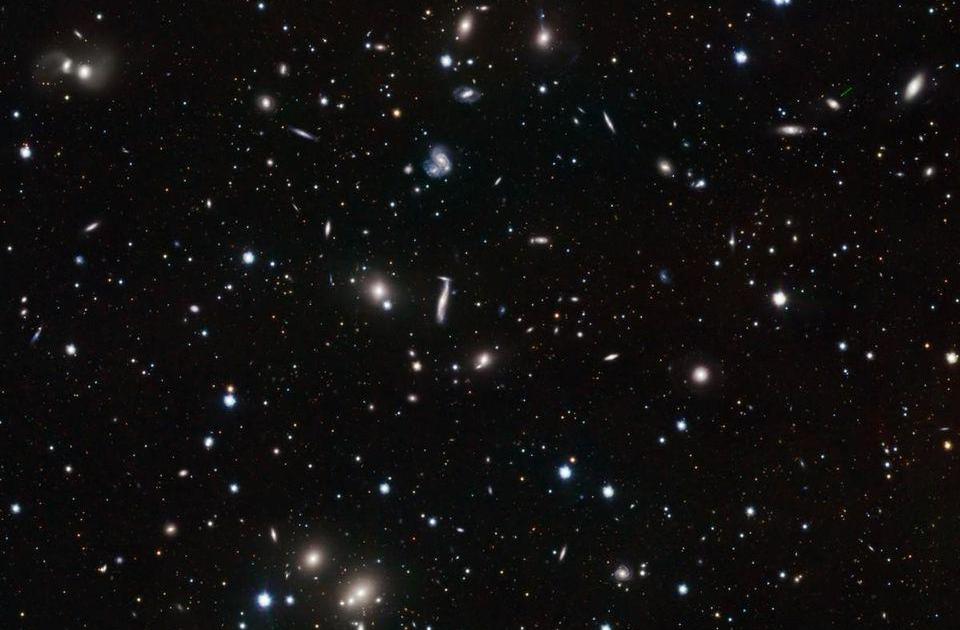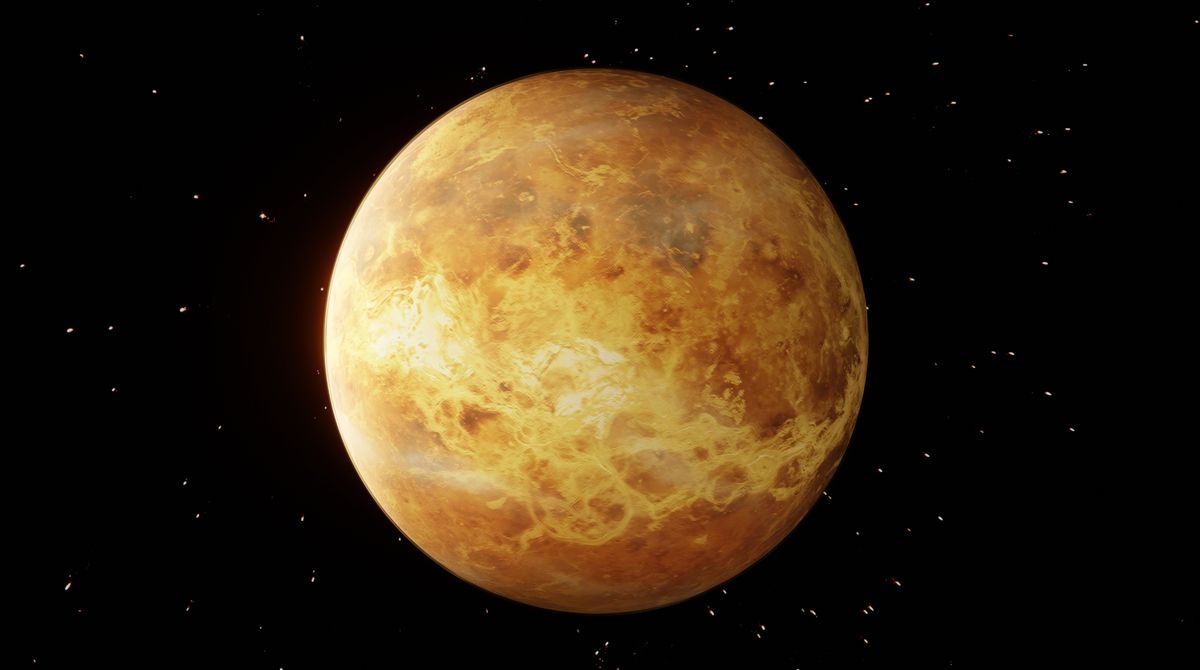View attachment 553686
It is possible but the key lies in humans perception of time. Extending human lifespan seems more plausible than developing engines that can get close to the speed of light. Longer lives will cause humans to perceive time differently and this makes it easier to bear the burden of a long mission to another galaxy.
So, imagine a future where humans have enhanced human bodies by replacing human inefficient human organs with various mechanized and computer-controlled parts. Where human cells either don’t decay or automatically regenerate. Where humans would look somewhat like the people in the picture above. Humans wouldn’t need to be complete androids, as long as humans achieve the goal of extending human lifespans by several millenia.
Impossible?
That’s what people in the 18th Century would say, when you tell them that humans can talk to someone on the other side of the globe now with almost no delay. Or that humans are planning to colonize Mars and have already walked on the moon.
The far future is always near impossible to imagine and technology becomes almost like magic.
In truth, humans are already making progress on this. If you have heart problems, you can get a pacemaker. If you lose a limb, you can get a prosthesis. Humans are beginning to grasp the concepts of cloning organs or creating them from scratch. Humans are making their first baby steps with cell regeneration and extending the lifespans of creatures such as mice.
The reason why humans grow old and eventually die, doesn’t seem so hard to grasp: Humans cells decay and fail to perfectly regenerate (
with defects such as cancer as a possible result). If humans can perfect this process, then humans become pretty much immortal.
The reason why I believe immortality is the answer and not super-crazy-fast-lightspeed-engines, is because even if you achieve 1.0c (
100% the speed of light), it would take a human 100–180 millenia to travel from one side of the Milky Way to the other. Let alone travelling to another galaxy. That’s about 1000 human generations.
However, if humans are immortal, then such a long journey might feel similar to you as if you take a 12-hour plane flight from London to Tokyo. Long and a bit boring, but compared to your entire life it is not that significant.
Of course, cryonics (
freezing a humans body) is another option that could work with this. Or wormhole travel, multiple dimensions or the number 42

